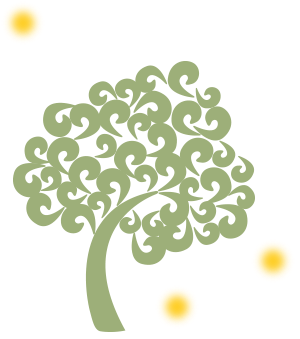
What is Bipolar Disorder?
Bipolar disorder is a mental illness that affects mood. With bipolar disorder, people experience episodes of depression and episodes of mania. Depression in bipolar disorder is the same as other types of depression. Mania is an unusually high mood for the person in which they may feel like their thoughts are racing and may feel hyperactive, unrealistically confident, happy, or very powerful. Many people don’t sleep much when they experience mania. They may act without thinking and do risky things they wouldn’t normally do.

How can Bipolar Disorder Therapy help?
A type of counselling called cognitive-behavioural therapy (or ‘CBT’) is common for mood disorders. It teaches you how your thoughts, feelings, and behaviours work together. It also teaches important skills like solving problems, managing stress, realistic thinking, and relaxation. CBT is often the first treatment to try if you experience mild or moderate problems with depression. Mindfulness-based Stress Reduction Therapy is also helpful in managing stress and in relaxation.

What is Borderline Personality Disorder?
Borderline Personality Disorder (BPD) is a serious and complicated mental health issue. People with BPD have difficulty regulating or handling their emotions or controlling their impulses and are highly sensitive and reactive to what is going on in their environment. People with BPD may live with ongoing emotional pain, thus the symptoms of BPD are a result of their efforts to cope with this pain.
The experiences of a person with BPD often result in impulsive actions and unstable relationships. A person with BPD may experience intense periods of anger, depression, and anxiety lasting only a few hours to lasting many days. People with BPD also have high rates of concurrent mental disorders, such as mood disorders, anxiety disorders, and eating disorders, along with substance abuse, self-harm, suicidal thinking and behaviors, and suicide.

How can therapy help with Borderline Personality Disorder?
Cognitive Behavioral Therapy (CBT): CBT can help people with BPD identify and change core beliefs and/or behaviors that underlie inaccurate perceptions of themselves and others and problems interacting with others. CBT may help reduce a range of mood and anxiety symptoms and reduce the number of suicidal or self-harming behaviors.
Dialectical Behavior Therapy (DBT): This type of therapy utilizes the concept of mindfulness, or being aware of and attentive to the current situation and moods. DBT also teaches skills to control intense emotions, reduce self-destructive behaviors, and improve relationships. DBT differs from CBT in that it integrates traditional CBT elements with mindfulness, acceptance, and techniques to improve a person’s ability to tolerate stress and control his or her emotions. DBT recognizes the dialectical tension between the need for acceptance and the need for change.




